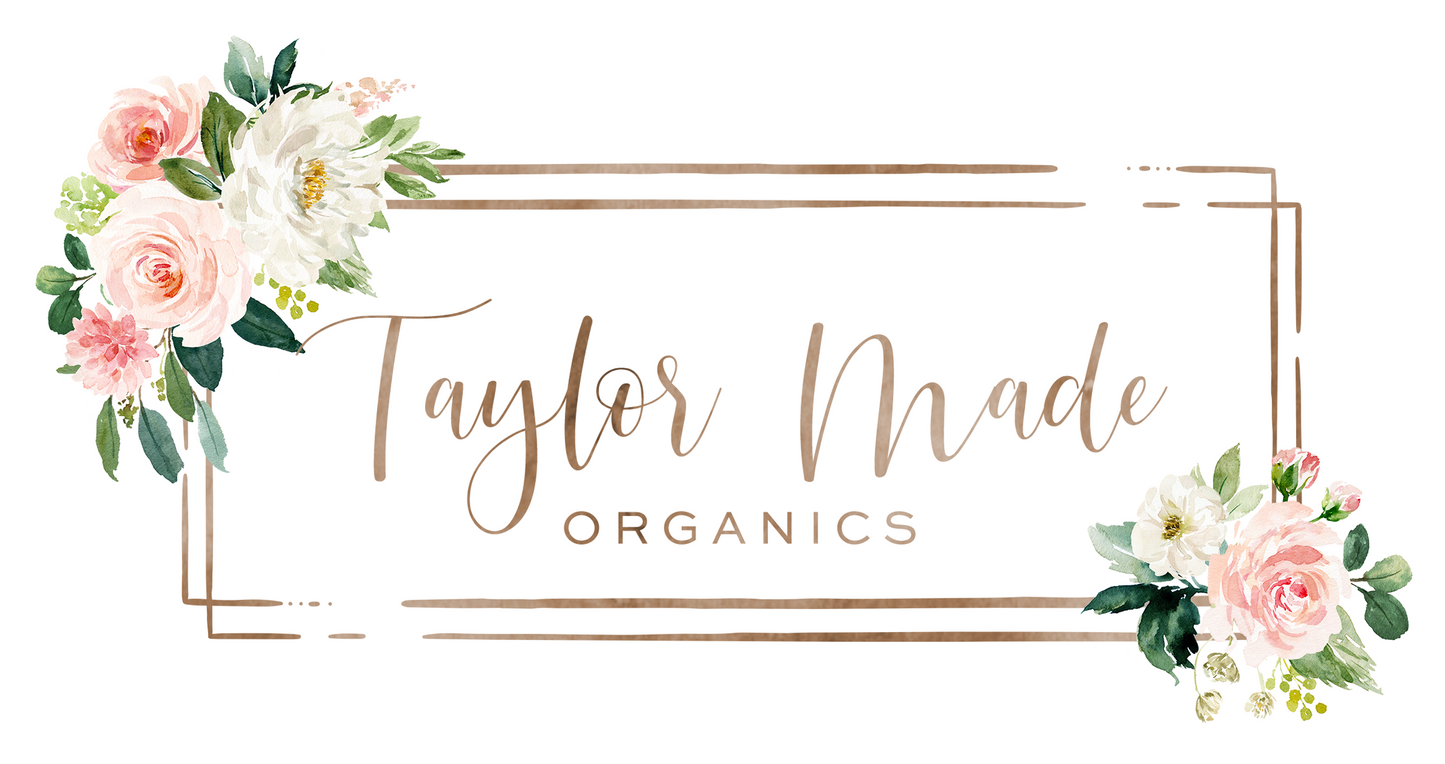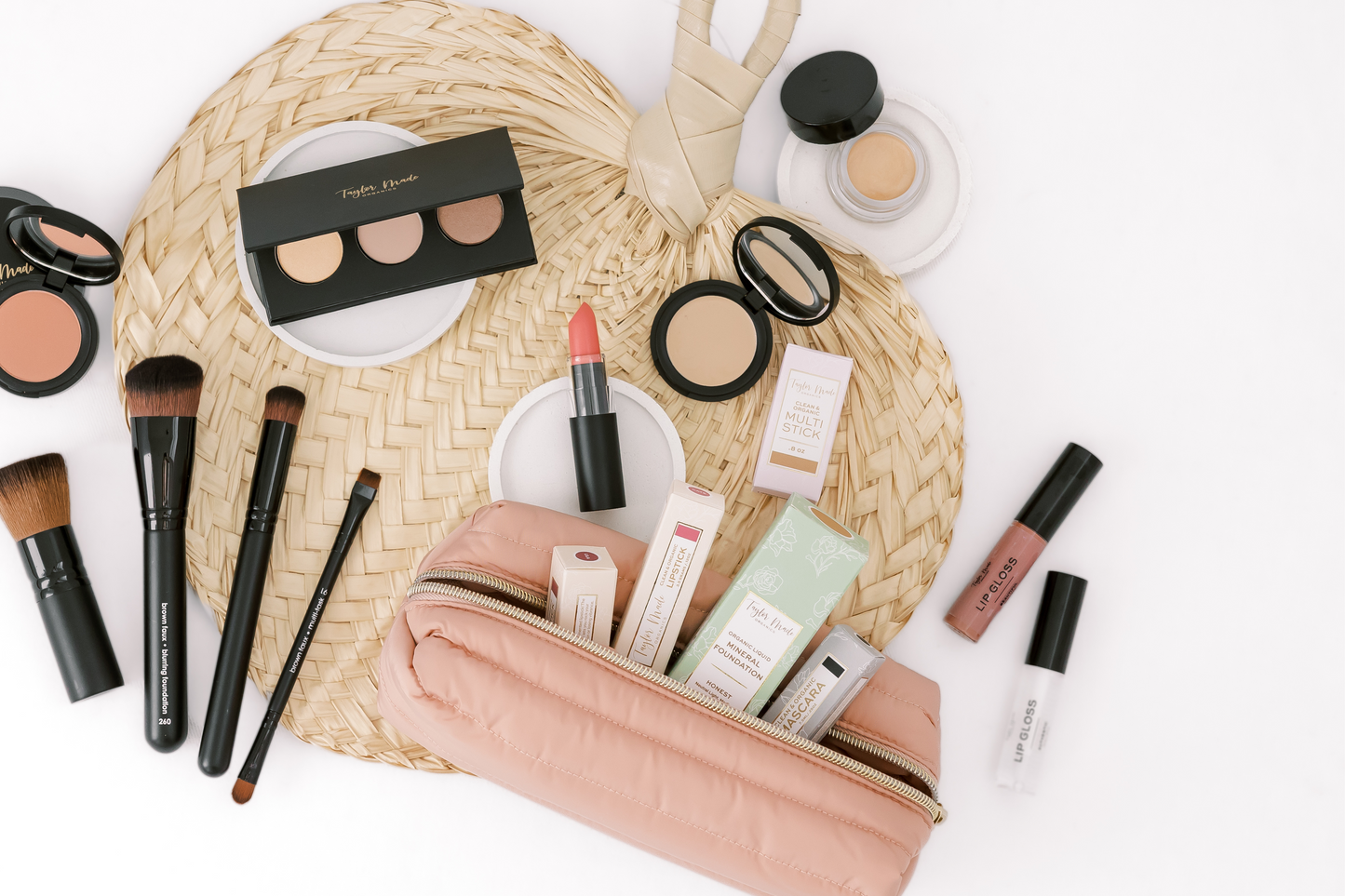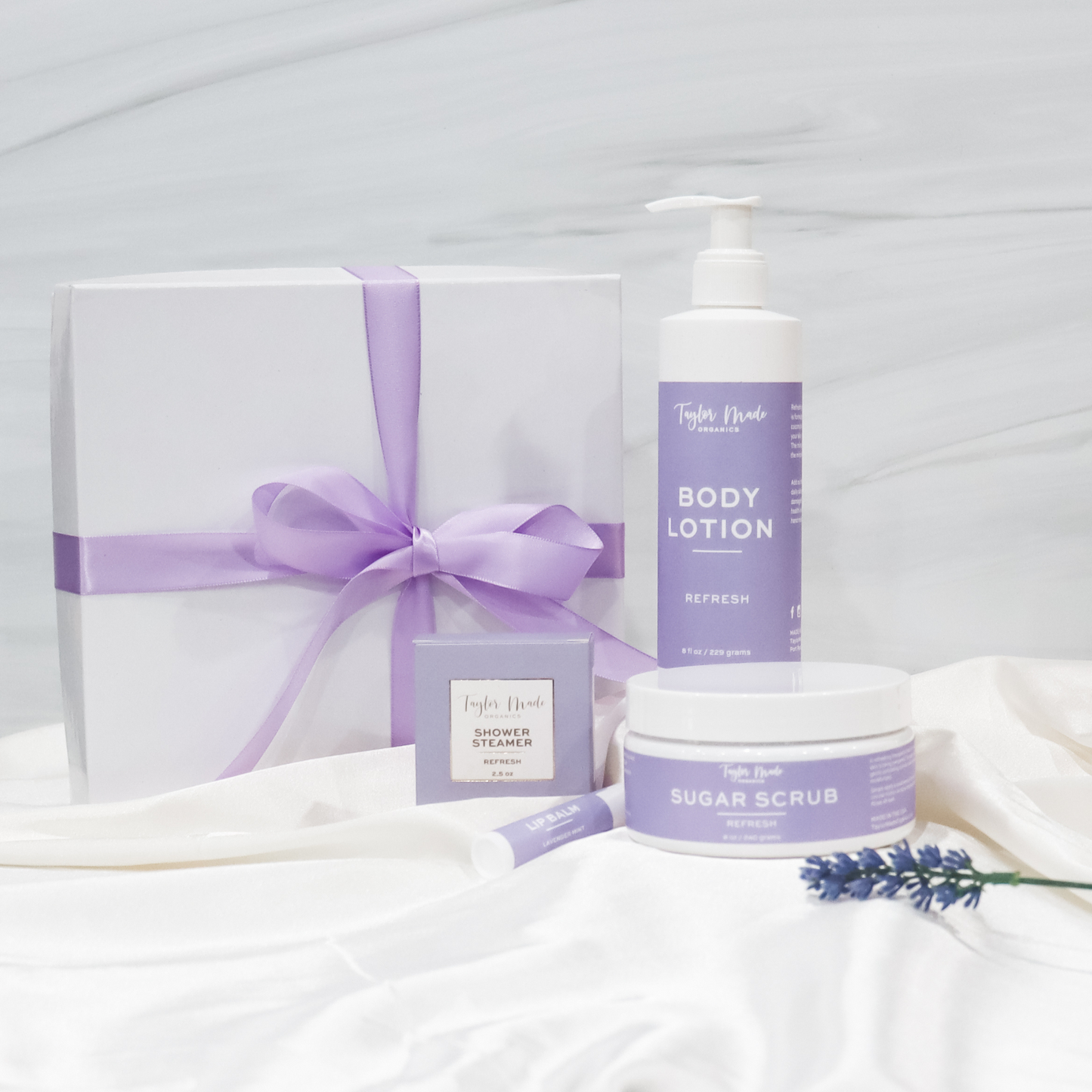
No one wants to feel stress, so we’re often trying to find ways to relieve your stress, sometimes to the point that relieving your stress becomes stressful. Mental health is important for you to prioritize, though, as it not only affects your mind, but also your body.
How stress affects your skin:
- When you’re stressed, you tend to pull your eyebrows together a lot or make other faces that cause wrinkles. As you age, your skin will wrinkle due to a variety of reasons, but prolonged stress will exacerbate your skin even more.
- When your body is fighting stress, your immune system becomes weakened over time, leaving your skin more vulnerable to breakouts, rashes, hives, and more. This can also lead to conditions, such as eczema, rosacea, and psoriasis becoming worsened.
- Anxiety and stress can cause you to pick at your skin nervously, which will damage your skin deeper and deeper over time.
- Stress causes your body to release more of the hormone cortisol. The result of this is an overproduction of the oils on your skin, which will lead to more frequent acne breakouts.
- Stress and lack of sleep tend to come hand in hand, whether you’re stressed because you’re not getting sleep or not getting sleep because you’re stressed. This can cause deeper eye bags, which becomes worse over time. As you age, your eye bags become naturally deeper, so prolonged stress as you age can have an even bigger effect on your eye area.
- Sore/cracked lips are common when people are stressed. If you are an anxious person, or even if you’re just incredibly stressed, you’ll probably chew on your lip at one point.
How to relieve your stress:
- Take a walk - Exercising, even moderate, is great for relieving stress as you not only get the chance to step away and get outside, but your body will release more endorphins as you exercise.
- Take a breath - Taking a few moments for deep breathing is great for re-centering your mind and letting your body relax.
- Relax all of your muscles - Lay flat on your back on your bed and let every muscle in your body relax for a few minutes. As you relax, focus on the feeling of your muscles relaxing and how each muscle feels. You may be surprised to see just how tense some of your muscles are, and can get the chance to be more conscious about relaxing muscles that you tense up too much throughout the day.
- Drink some water - Taking a few minutes to focus only on drinking a glass of water is a great way to clear your mind.
- Think it through - Get yourself in a relaxing headspace (and physical space) and think through whatever is stressing you out. Ask yourself questions, like “Why is this important?”, or “How can this specific part of the problem be solved?”
- Clean your space - Clear spaces make for clear minds. There’s nothing more relaxing than settling down at night on clean sheets in a decluttered and clean room. Giving yourself a space that is safe to relax in will relieve stress closer to home, giving you a chance to focus on relieving other stresses.
- Spend time with loved ones - When people are stressed, they tend to close themselves off from family and friends. Humans are social animals, though, so the support and love that you can get from those close to you is incredibly beneficial.
- Focus elsewhere - Find something positive to focus on for a bit. If there’s nothing that you can do in the moment, focusing on what is causing you stress can only harm you in the long run. Give your mind a break so that you can come back to the problem with a fresh mind.
Your Mental Health is Important
Prioritizing yourself is important for your mental health. Your mental health is a key player in the overall health of your body and life. When you are relaxed and ready to take on the world, your productivity benefits, and your body is able to function better physically. Take care of yourself, you deserve it!



